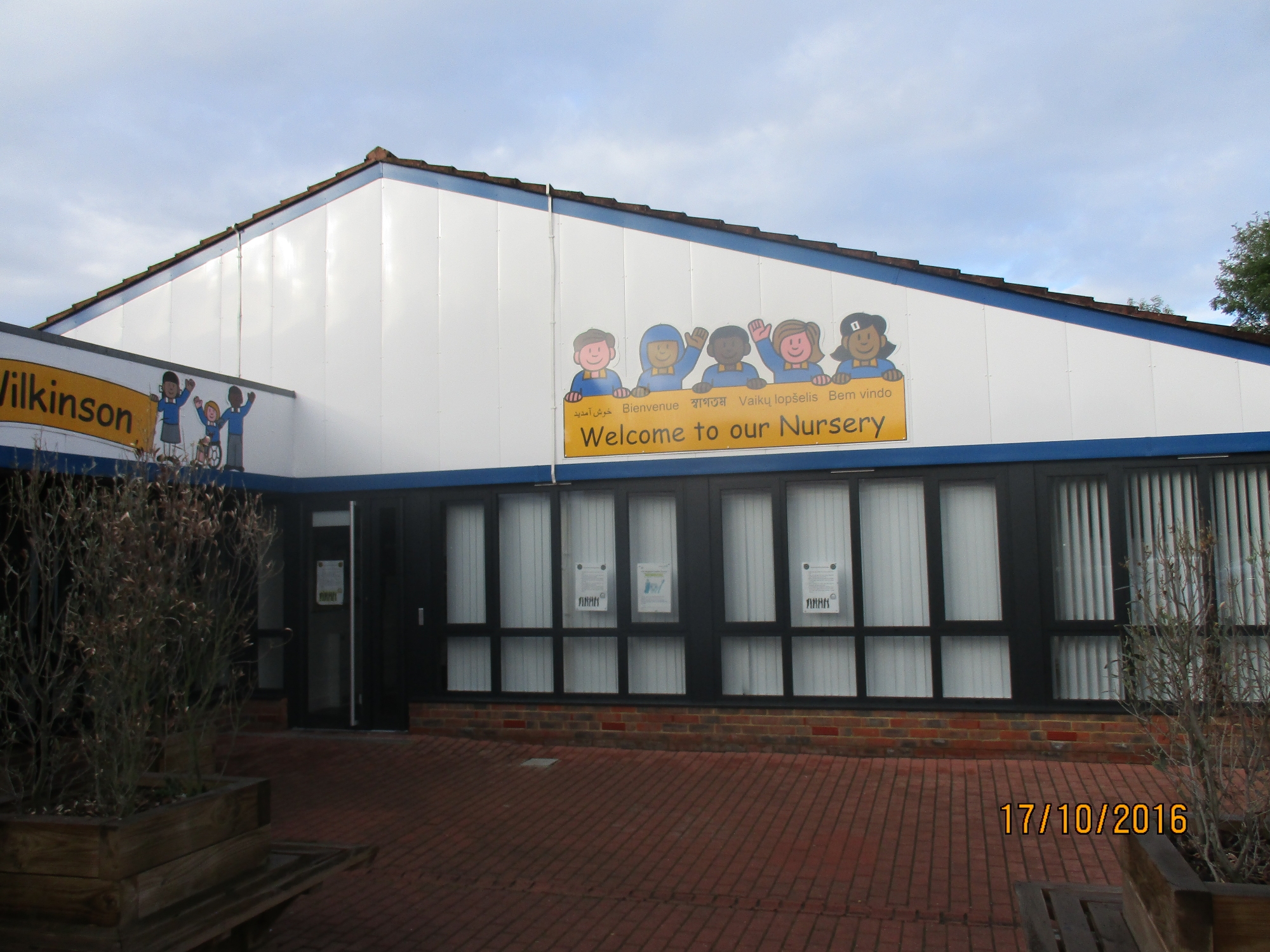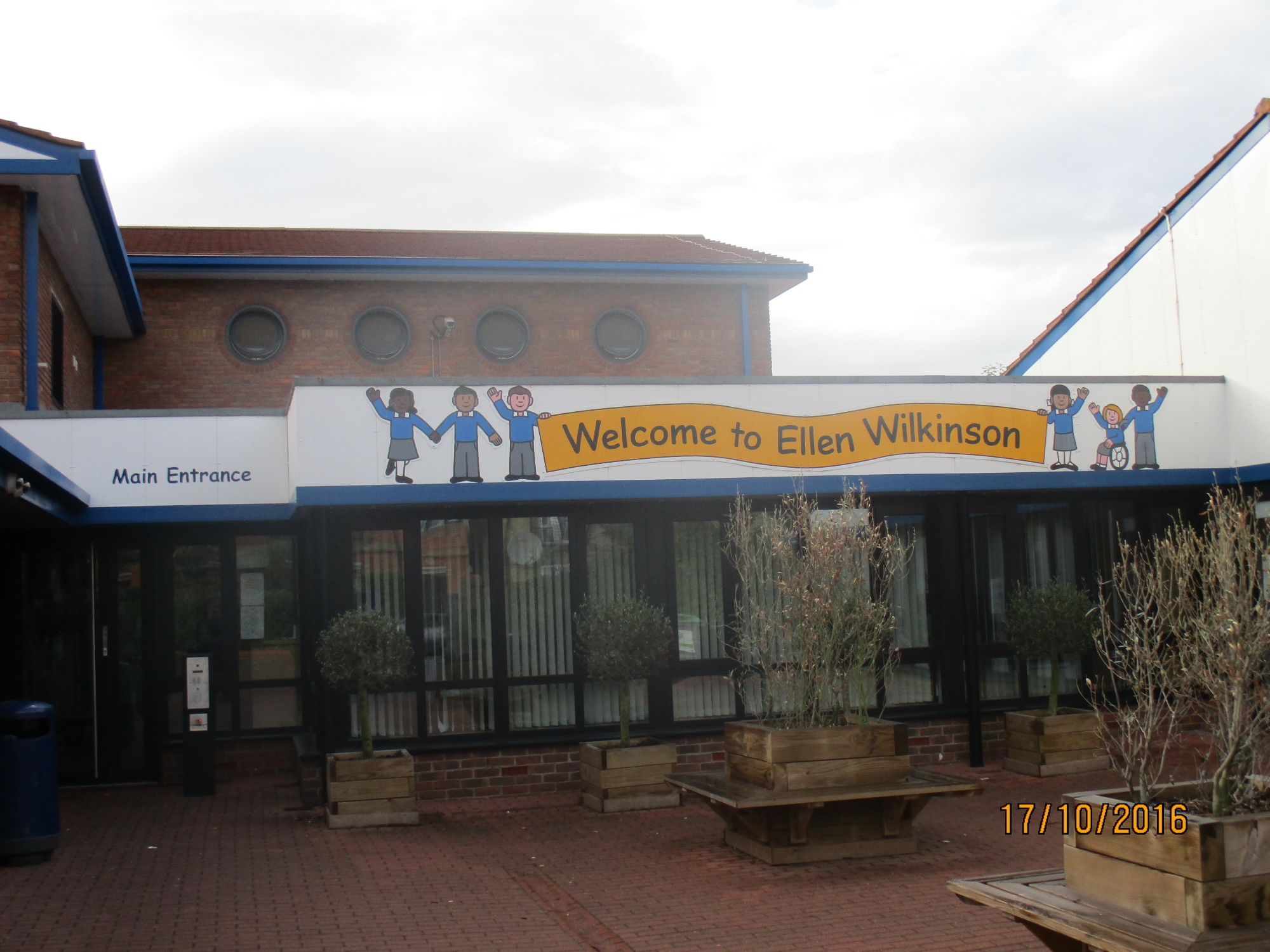Equity in Diversity
Ellen Wilkinson Primary School prides itself on being an inclusive and anti-racist school that cares for every individual child and adult. We believe it is essential that our pupils see themselves represented in our curriculum and school environment.
At Ellen Wilkinson, we ensure our curriculum, learning environment and ethos embed, promote and deliver a range of opportunities and strategies to ensure we comply with the public sector equality duty and promote mutual respect.
The Equality Act 2010
The Equality Act 2010 replaces previous anti-discrimination legislation with a single Act. The Equality Duty is set out in section 149 of the Act. It replaces the three previous public sector equality duties – for race, disability and gender – and covers the following protected characteristics:
-
Disability
-
Race and ethnicity
-
Gender
-
Gender identity
-
Marriage and civil partnership (but only in respect of eliminating unlawful discrimination)
-
Pregnancy and maternity
-
Religion and belief
-
Sexual identity
As a school, we are committed to ensuring equality of opportunity for all pupils, staff, parents and carers irrespective of race, gender (including gender identification), disability, religion or beliefs, sexual orientation, age or socio-economic background.
At EWPS, we aim to develop a culture of inclusion and diversity in which all members of the school community feel valued and proud of their identity.
How does EWPS achieve these goals?
1.Our vision and values
In order to achieve our vision of ‘Learning to Grow and Succeed Together’, we have adopted a set of core values around which school development is planned. These values are a result of consultation with all members of our school community.
At Ellen Wilkinson Primary School we expect everyone in our community to embody our core values. In order to do this everyone has the right and the responsibility to be:
-
Inspired and inspire others
-
Respected and respect everyone
-
Successful and help others to succeed
-
Resilient and help others to develop resilience
-
Heard and cared for
Please click here to explore our visions and values as a school in more detail.
2. Staff and Governors
At Ellen Wilkinson, we have an equalities policy that outlines the commitment of staff, pupils and governors to ensure equal opportunities are available to all members of our school community. This means that simply treating everyone equally is not enough. We want to understand and tackle the different barriers that could lead to unequal outcomes for different groups within our school, and ensure we celebrate and value the achievements and strengths of everyone.
Our positive behaviour policy’s fundamental approach is a positive one, drawing attention to, and rewarding good behaviour and mutual respect in order to promote both the school and British Values. We believe that there is no hierarchy of discrimination – all forms will be taken equally seriously and dealt with appropriately, including support for those involved.
Please find the link to our behaviour policy, for more information.
Annual pupil, staff and parent surveys are used to ensure everyone’s voice and opinion is heard and valued and that this is used to impact positively on school development.
3. Staff development
At Ellen Wilkinson, we have a team of staff who are dedicated to ensuring our equality goals are achieved. This team is led by Miss Dualeh, who is our Education for Change representative and Miss Adams.
The team consists of teachers, teaching assistants and admin staff who meet on a regular basis to discuss and reflect on the impact of actions that have been implemented, as well as future areas for development. We recognise the need for ongoing training for the staff to ensure they feel confident enough to tackle difficult issues, provide strong feedback to questions and promote our values confidently around the school.
4. Assemblies
We hold Key Stage assemblies, twice a week, to educate and discuss topics that are built around our values. Staff work on a rota to deliver awareness on different topics that may not be taught directly in the curriculum. This includes topics such as religious festivals, families and different communities. The children are given an opportunity to share their ideas with their key stage and reflect on their thoughts and opinions.
5. Curriculum
Our curriculum is designed to inspire children to be aspirational with their dreams, values and ambitions. We want children to understand they can make a difference in an imperfect world and have the knowledge and confidence to do so. Diversity is a golden thread that has been weaved through our curriculum in all subjects, as part of our curriculum redesign. The school’s curriculum vision and golden absolutes are on the front page of our planning documents.
Take a look at some of the examples of where we have achieved our vision goals:
-
Literacy Tree- our whole school approach to English. The texts have been carefully selected to ensure they mirror different communities, cultures and family dynamics.
- In PSHE, we have a celebrating differences unit. This allows children to understand we are not all the same, to respect these differences within each other and celebrate them.
- Each year group has a big question topic that includes the foundation subjects such as Geography, History, Art and DT. These topics are at the heart of reinforcing diversity and equality. They have been thoroughly planned and redesigned to reflect our goals and values. We have carefully selected topics and figures that aim to reflect our diverse community and inspire our pupils to overcome any barriers that threaten to diminish their aspirations.
- Our newly revised British Values Unit is taught yearly at the beginning of each academic year, ensuring all children have a clear and deep understanding of the five values. There is an opportunity for each year to explore and discuss specific issues and topics, at a level appropriate to their age. For example, what is racism?, tackling unconscious bias stereotypes and the windrush generation.
Our school learning environment also reflects our commitment to equality and diversity, with a diverse range of figures, both current and historical, who inspire our pupils and allow them to see themselves represented in the learning environment. Each year they have the opportunity to research those who are displayed in their area.
- Literacy and Library
At Ellen Wilkinson Primary School, we encourage and promote a love of reading across the school. We have ensured the texts across the school reflect our community. In addition to this, there is an equality and diversity library available to all pupils and staff, located near the heart of the school. These texts embody specific storylines and messages that help discuss issues such as hair, race, disability and religion.
The Centre for Literacy in Primary Education (CLPE) research and development projects designed to improve literacy teaching in primary schools. They conduct an annual project called ‘Reflecting Realities.’ The Reflecting Realities report, identifies and evaluates the representation of characters within picture books, fiction and non-fiction for ages 3–11. In their most recent research (2021), 33.9% of children of primary school age in England are from a minority ethnic background.
The CLPE research shows that only 8% of children’s books have a minority ethnic main character. Our reading corner texts and library books were carefully researched and reviewed by the English team to ensure we are allowing our less represented children to be seen. However, it is not enough just to be seen in a text. We want our children to not only see themselves in the texts they read, but to also feel supported by the messages they hold.
- Houses
Across the school children are split into five houses, with each house represented by a significant individual that has made a positive difference to the world. In 2021, our house representatives were newly chosen and voted for by the children. Each representative is from a different profession e.g Athlete, Activist, Author, Arts industry and Scientist. These people have a range of backgrounds, ethnicities and disabilities.



